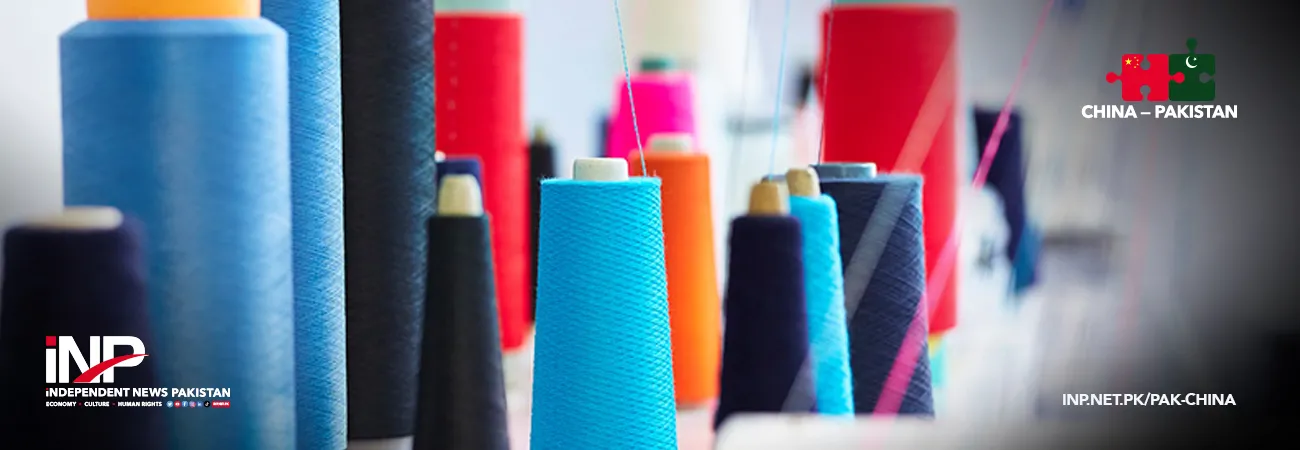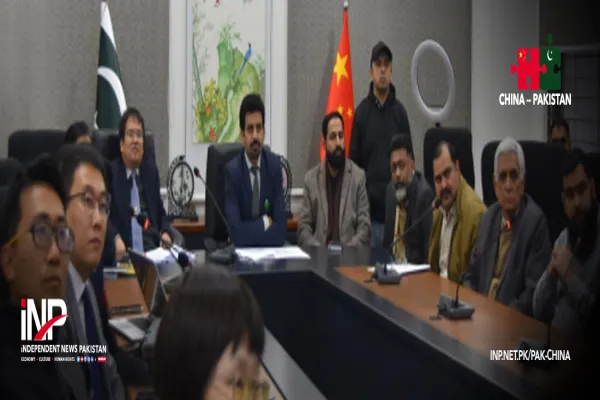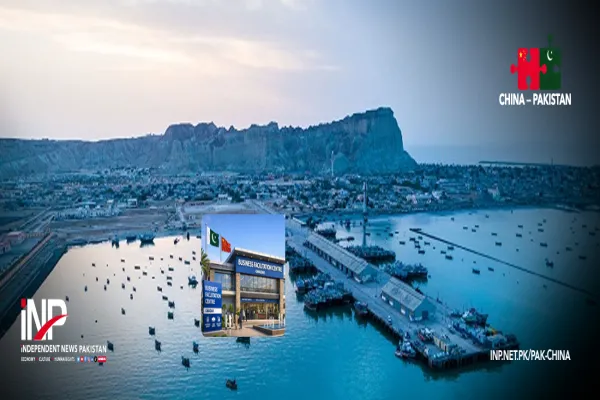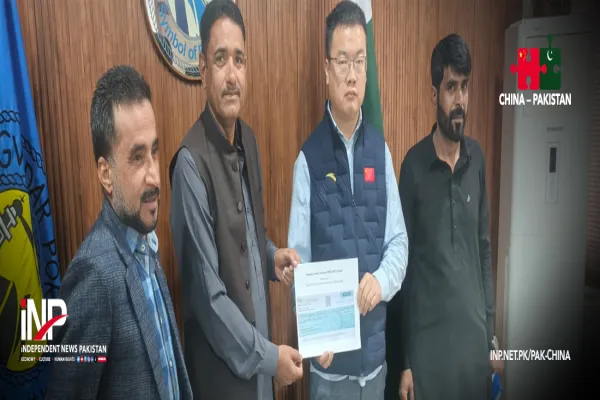i NEWS PAK-CHINA
Chinese chemical fiber suppliers can provide the most suitable chemical fiber raw materials for unique textile categories to match needs,” said Xing Pingping, Overseas Sales Manager of Ningbo Runhe High-tech Materials Co., Ltd, a Chinese leading manufacturer specialize in textiles auxiliaries and organic silicone products. According to Xing, recently, his company joined hands with Pakistani agent FairChem International to hold a textile seminar in Faisalabad, in which China and Pakistan partners jointly discussed the future direction of local textile printing and dyeing industry. As the pillar industry of Pakistan, textile industry is currently facing two major constraints, namely energy and cotton yarn shortage.
The fabric categories of some local printing and dyeing factories are gradually transitioning to a large proportion of polyester. More than 60 percent of Pakistan's textile companies are concentrated in Punjab Province, and Faisalabad as the core textile industrial city here, with nearly 300 dyeing factories of all sizes. According to data released by Pakistan Customs, in fiscal year 2022, Pakistan’s total exports of textiles reached USD19.32 billion, a year-on-year increase of 25.3 percent from the previous fiscal year, and accounted for nearly 61 percent of Pakistan’s total merchandise exports.
Pakistan, which has a relatively complete industry chain, owns more than 2,000 cotton binding, spinning, and textile factories.However, “Pakistan’s textile category structure is obviously different from other countries in South Asia. Many major fabric categories use larger amounts of cotton, yet have lower profit margins,” Xing told Gwadar Pro “Which has largely affected the competitiveness of Pakistani textiles in the international market.
“In response to the energy shortage I mentioned earlier, growth in the coming years will be driven largely by the digital textile printing market,” Xing emphasized, “the market for digital textile printing in Pakistan is increasing as it offers better and high-definition textile print design possibilities, lower water, effluent, emissions and energy use. Besides, the technological level of Pakistani textile enterprises is increasing day by day, thus some small-scale factories also have advanced textile materials and technologies, such as polyurethane coating, aramid finishing, waterproof finishing, etc.
There are also many printing and dyeing factories that have digital printing machinery. Regarding current shortage of cotton yarn, local companies have generally increased the proportion of polyester applications. For these chemical fiber materials, our cutting-edge chemical fiber silicone emulsion can come in handy. In addition, professional chemical fiber finishing solutions and polyester cotton-like and wool-like finishing solutions can also provide assistance to our local partners.” The Sales Manager pointed out that after officially starting to deeply expand Pakistani market in 2021, they have established a strong partnership with two chemical traders, FairChem, which specializes in dyes, and Biochem, a printing paste expert.
Sometime later, an agreement was signed with Farbstoffe Intl, a comprehensive manufacturer and marketer of textile chemicals. “In the next step, we will establish a laboratory in Pakistan, equipped with basic chemical property testing, fabric finishing, application R&D and warehouse modules. On the whole, our purpose is to not only establish testing and warehouse functions, R&D and local talent cultivation also will be our programme, by which we look forward to bringing technological innovation to Pakistan’s textile industry through joint efforts between the two countries.”
Credit: Independent News Pakistan (INP) — Pak-China









